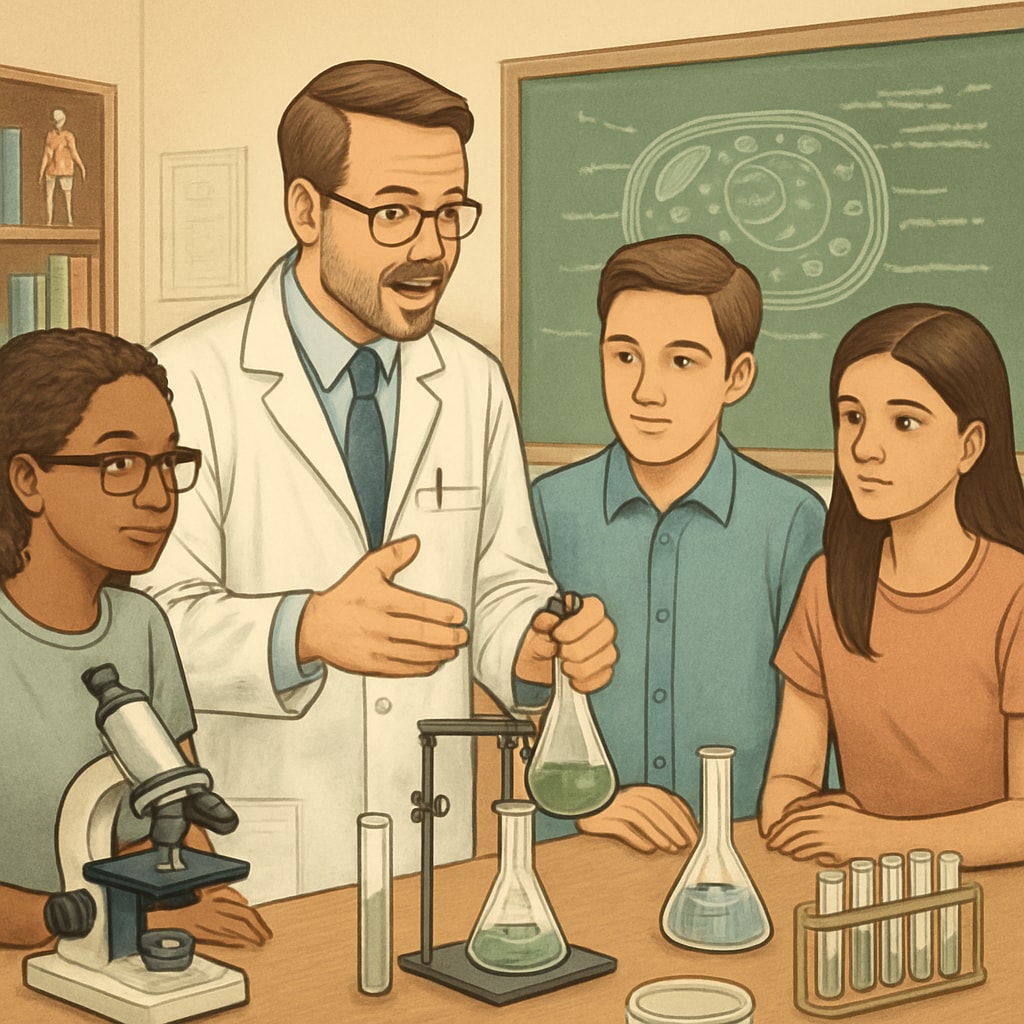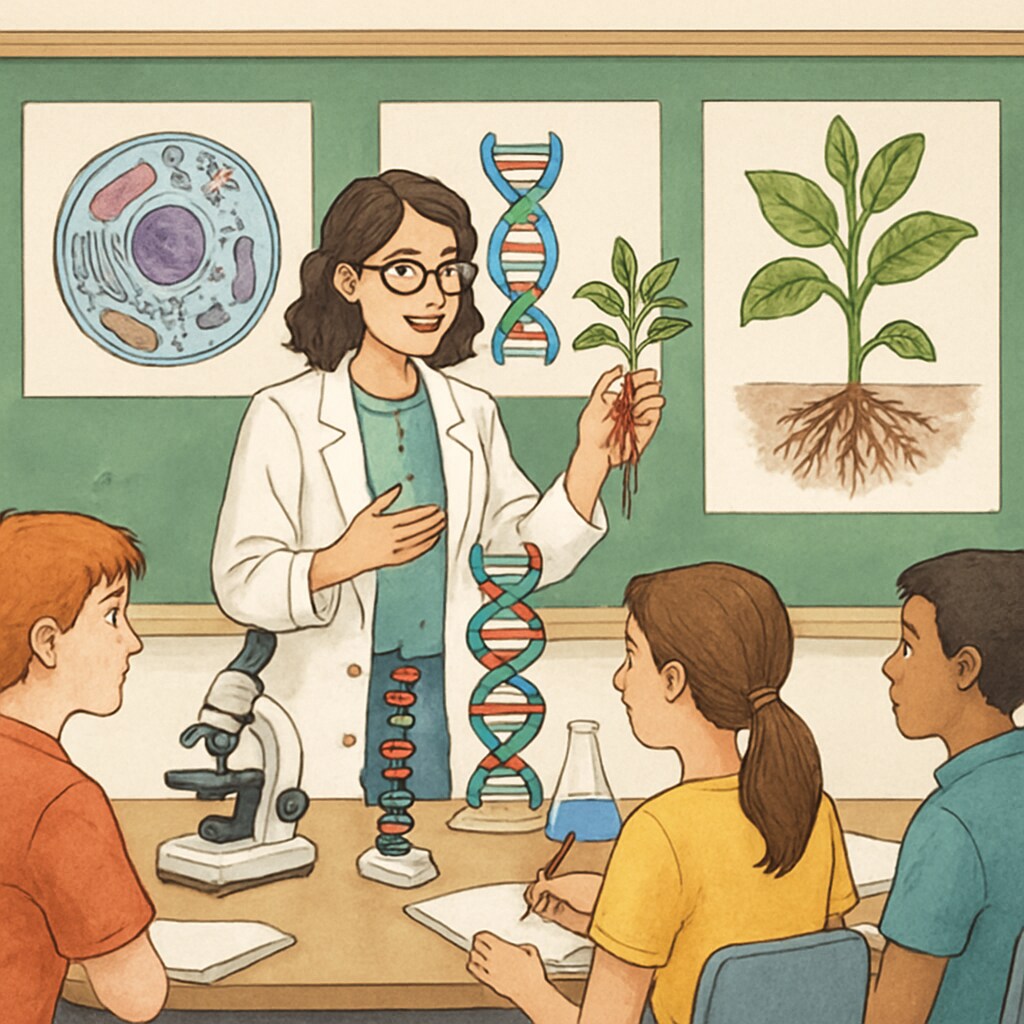The journey from studying biology to pursuing a career in education may seem unconventional, but such academic transitions often lead to fulfilling careers. For students with a biology background, obtaining an education master’s degree offers unique opportunities to apply scientific knowledge in new ways. This article explores the feasibility of transitioning from a biology major to an education-focused career, highlighting challenges, opportunities, and actionable steps to navigate this path successfully.
Why Transitioning from Biology to Education Makes Sense
At first glance, biology and education may appear to belong to separate domains, but their intersection creates significant opportunities. Biology majors possess analytical skills, problem-solving abilities, and a deep understanding of scientific principles—qualities highly valued in the education sector. For example, STEM (science, technology, engineering, and mathematics) education is a rapidly growing field that demands educators with strong science backgrounds.
Furthermore, teaching biology at the high school or college level allows students to inspire the next generation of scientists. According to Britannica, education plays a critical role in societal development, and individuals with specialized knowledge can contribute meaningfully by shaping young minds.

Challenges of Switching from Biology to Education
While the transition offers many benefits, it is not without challenges. Biology students may struggle with the pedagogical and communication skills required in the education field. Teaching demands more than content expertise; educators must also understand how students learn and adapt their teaching methods accordingly.
Another potential obstacle is the need for additional qualifications. Most teaching roles require an education degree or teaching credential. This means biology graduates must invest time and resources into further studies, such as a master’s in education, to meet these requirements. However, many programs are designed to accommodate individuals transitioning from other disciplines, offering tailored coursework and practical teaching experiences.
How to Successfully Transition from Biology to Education
For biology students considering a shift to education, the following strategies can help ensure a smooth transition:
- Research Education Programs: Look for master’s programs that specifically welcome students from non-education backgrounds. Many universities offer “transition to teaching” tracks or emphasize STEM education.
- Gain Classroom Experience: Volunteer or work as a teaching assistant to understand the dynamics of a classroom and develop essential teaching skills.
- Leverage Your Biology Expertise: Use your scientific background to create engaging lesson plans, integrate real-world applications, and emphasize critical thinking in teaching.
- Develop Pedagogical Skills: Attend workshops or online courses to learn about classroom management, curriculum design, and educational psychology.
- Network with Educators: Connect with professionals in the education field to gain insights and mentorship opportunities.
For additional guidance, the Wikipedia page on education provides an excellent starting point for understanding the foundational elements of teaching and learning.

The Value of STEM Educators in Today’s Society
In today’s world, STEM educators are more important than ever. They bridge the gap between complex scientific concepts and real-world applications, preparing students for careers in technology, healthcare, and environmental science. By transitioning into education, biology majors have the chance to make a lasting impact on both individual students and society as a whole.
Moreover, with the growing emphasis on interdisciplinary education, individuals who combine expertise in science with teaching skills are uniquely positioned to lead innovative educational initiatives. This alignment of skills demonstrates the immense potential for biology graduates to succeed in education.
Conclusion: A Path Worth Exploring
For biology students wondering whether a career in education is right for them, the answer lies in their passion for teaching and their willingness to adapt. While the path may present challenges, it also offers unparalleled opportunities to inspire and educate future generations. With the right mindset and preparation, transitioning from biology to education can be a deeply rewarding journey.
Whether you aim to teach biology in a classroom, design STEM-focused curricula, or contribute to education policy, your biology background can serve as a strong foundation for success in the education sector. Take the first step today and explore the possibilities of merging your scientific expertise with a passion for teaching.


